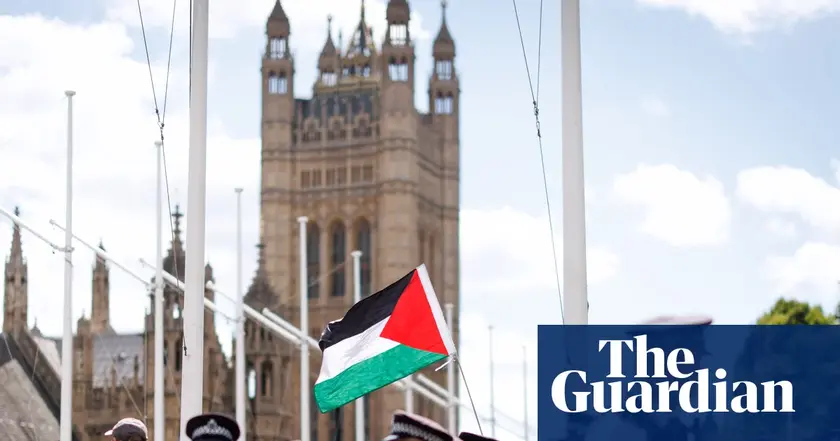T4K3.news
Palestine Action ban defended in UK politics
The government defends the ban on Palestine Action after weekend protests and mass arrests in Westminster.
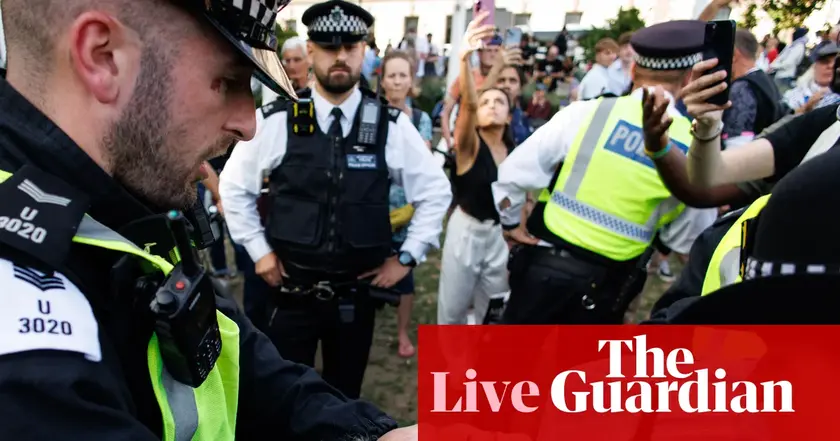
The government argues the proscription targets violence while critics warn of risks to peaceful protest.
UK government defends Palestine Action ban after mass arrests
The government has defended its decision to proscribe Palestine Action under the Terrorism Act following a weekend protest in Westminster that led to a large number of arrests. Justice minister Alex Davies-Jones said supporters of a terrorist organisation will feel the full force of the law, citing violent actions such as damage to RAF aircraft and credible reports of harassment linked to the group. The home secretary, Yvette Cooper, announced the ban last month, making membership or support a criminal offence with a maximum sentence of 14 years. Palestine Action has appealed the ruling after a High Court allowed a challenge.
Critics argue the ban risks chilling legitimate protest and eroding civil liberties, while supporters say the measure is narrowly targeted at criminal activity rather than speech. The case remains before the courts, with Palestine Action granted permission to appeal. The day’s political schedule includes events such as a Reform UK press conference and a visit by the opposition leader to discuss asylum hotels, underscoring how security and justice policy sits alongside broader political maneuvering.
Key Takeaways
"Civil liberties deserve scrutiny, not silence."
Tweetable line on rights versus security
"A draconian ban risks chilling legitimate dissent."
Critique of broad anti-protest measures
"National security cannot erase civil rights."
Call for balance in policy
"Protest is a lawful expression that should be protected."
Defense of peaceful dissent
The episode tests a core balance in a liberal democracy: how to protect security without curbing dissent. Labeling a group as a terrorist organisation frames the issue as a security matter, but it invites scrutiny over due process, proportionality, and the potential chilling effect on peaceful assembly. The High Court’s decision to allow an appeal keeps the case in flux and highlights the role of the judiciary in policing executive power.
Public reaction will matter. If more protests arise or if critics frame the move as political overreach, the government may face heightened scrutiny about the future use of anti-terror laws. The outcome could set a precedent for how far lawmakers can go in restricting protest under the banner of national security, shaping debates on civil liberties for months to come.
Highlights
- Rights are not a luxury they are the backbone of democracy
- Security must stop at the line where civil liberties begin
- Protest is a lawful expression that should be protected
- The courts will decide where security ends and speech begins
Civil liberties under pressure as protest ban expands
The decision to proscribe Palestine Action raises concerns about free expression and potential overreach of anti-terror powers. Critics warn of a chilling effect on peaceful protest even as authorities argue the measure targets violence. The case may face legal challenges and political backlash.
The coming days will show how far security powers can push in public life.
Enjoyed this? Let your friends know!
Related News

Scholars oppose ban on Palestine Action
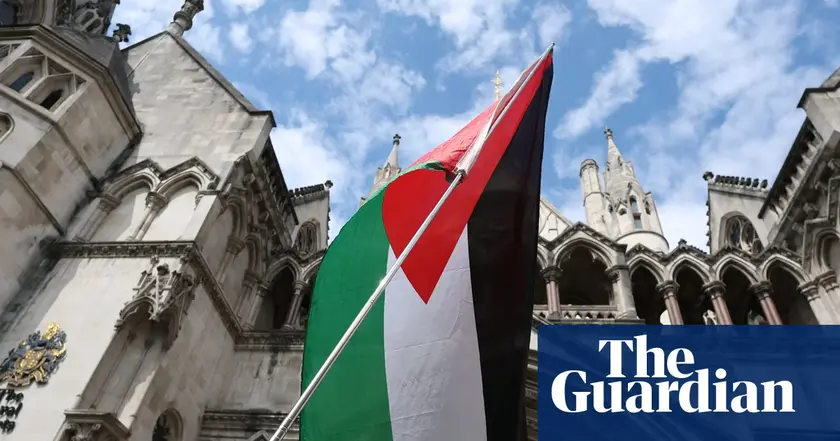
Scholars urge UK government to lift Palestine Action ban
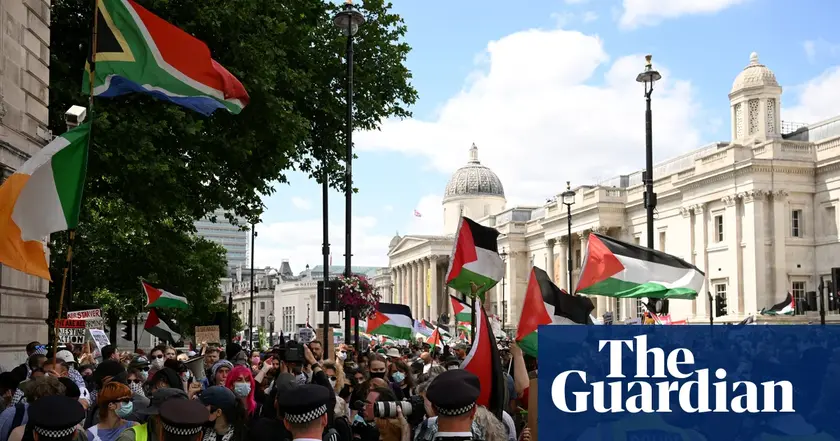
Protest rights under new UK terrorism designation
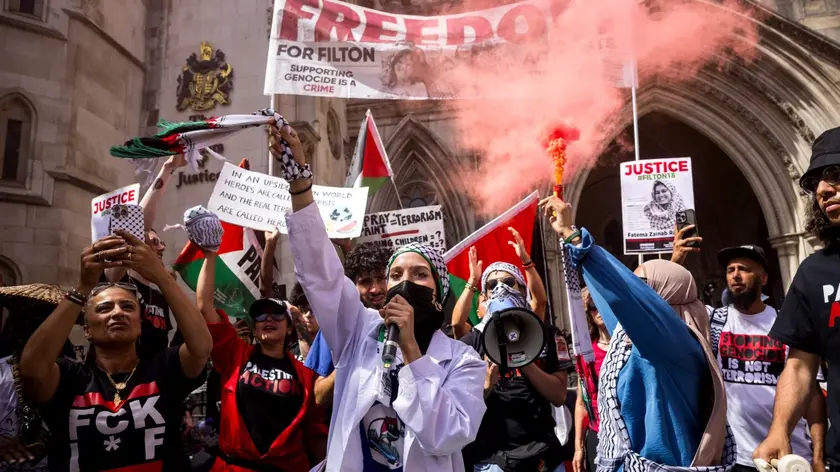
UK government bans Palestine Action amid rising support
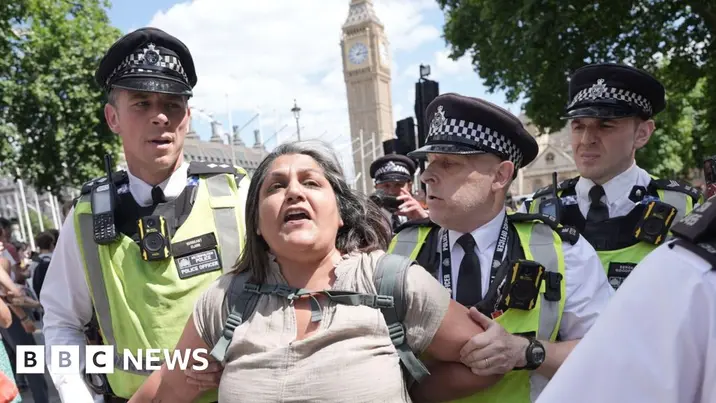
London protest on Palestine Action ends with dozens arrested
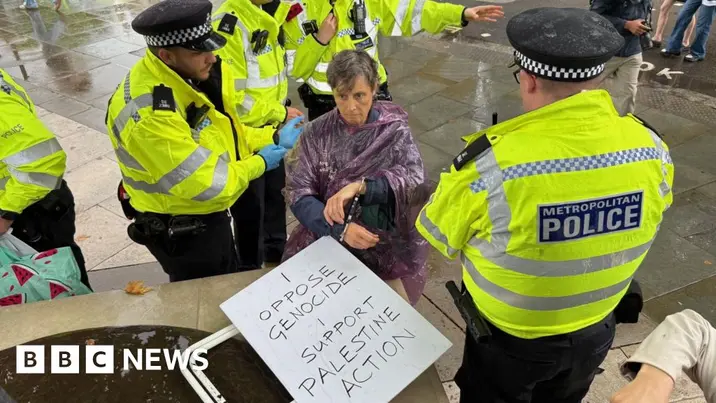
Dozens arrested at pro-Palestine protests in the UK
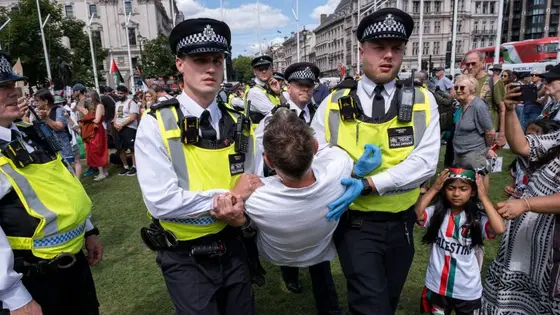
London arrests 466 protesters after Palestine Action ban

Lord Dannatt urged action against Palestine Action at US firm's request
